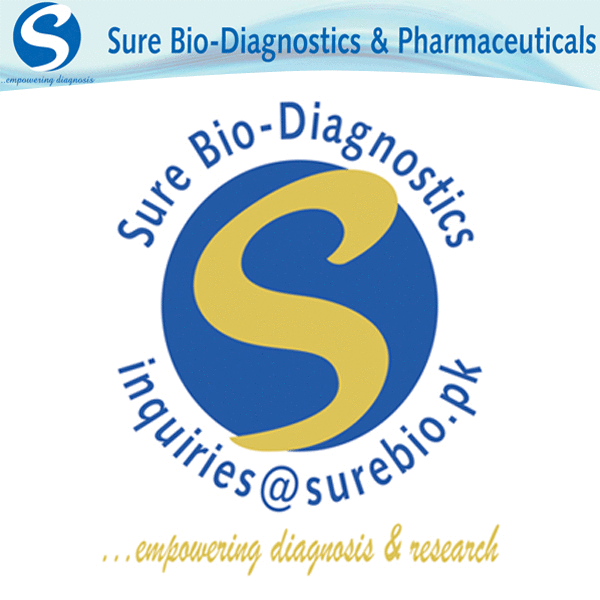![]()
 Self-taught artificial intelligence beats doctors at predicting heart attacks
Self-taught artificial intelligence beats doctors at predicting heart attacks
Scientists have shown that computers capable of teaching themselves can perform even better than standard medical guidelines, significantly increasing prediction rates. The new method could save millions of lives. Find source
![]()
 Some 100 groups have now endorsed the March for Science
Some 100 groups have now endorsed the March for Science
The March for Science, set for 22 April, is creating a buzz in the scientific community. The march arose as a grassroots reaction to concerns about the conduct of science under President Donald Trump. Find source
![]()
 Harnessing CRISPR for rapid detection of viral and bacterial infection
Harnessing CRISPR for rapid detection of viral and bacterial infection
A team of scientists has adapted a CRISPR protein that targets RNA (rather than DNA) as a rapid, inexpensive, highly sensitive diagnostic tool with the potential for a transformative effect on research and global public health. Find source
 Viewing genes inside living cells
Viewing genes inside living cells
Scientists at University of Virginia School of Medicine have developed a way to track genes inside living cells.3-D maps of gene locations could have a huge impact in our understanding of human health and in the battle against disease. Find source
 Rare Benefits: Genetics of first-cousin marriage families show how some are protected from heart disease
Rare Benefits: Genetics of first-cousin marriage families show how some are protected from heart disease
More than 1,800 individuals of first-cousin marriage families from Pakistan are found carrying loss-of-function mutations in both copies of their genes, so-called 'human knockouts' which makes them tolerant to heart disease. Find source





